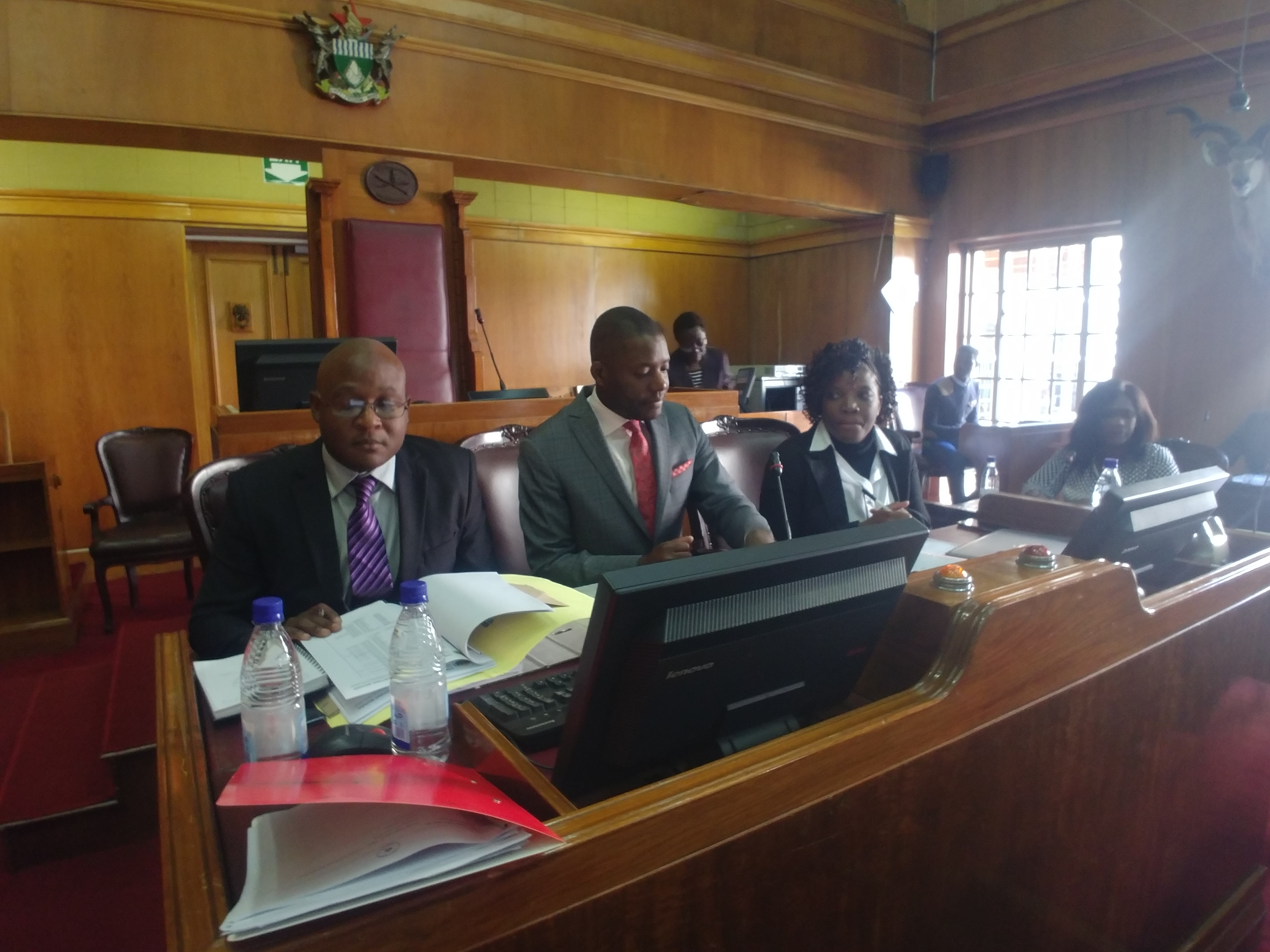By Byron Mutingwende
The Tobacco Industry and Marketing Board (TIMB) Chief Executive Officer Dr Andrew Matibiri has provided statistics that paint a gloomy future for the crop that has sustained most farmers in the past.
Dr Matibiri revealed the information while giving oral evidence to the Parliamentary Committee on Lands, Agriculture, Climate, Water and Rural Resettlement today that is chaired by Member of the National Assembly for Gokwe Nembudziya, Justice Mayor Wadyajena.
In providing highlights of the tobacco sector performance to date, Dr Matibiri said total auction and contract tobacco sales have so far reached 230 619 898 kg compared to 237 102 222 kg sold during the same period last season. He however pointed out that the average price had increased to US$1. 96 from US$1.94 last week.
Of the 185 892 growers who registered in the 2018-19 season, 37% of them were from Mashonaland Central. In contrast, 145 495 growers registered in the 2017-18 and Mashonaland Central commanded 35% of the total.
The agriculturalist said 47 854 growers had already registered for the 2019-20 season while 88 224 had registered for the current season during the same period in 2018.
“On tobacco exports, 68 million kg valued at US$261 million have so far been exported to 61 destinations across the globe. In 2018, 49 million kg were exported at a price of US$216 million. Major export destinations include China, South Africa and United Arab Emirates.
“To date 300 130 grammes of tobacco seed, equivalent to 50 022ha field area have been sold. This is a 55% negative change from last year’s 671 125 grammes sold during the same period,” Matibiri said.
The reduction in the amount of seed sales was attributed to a number of reasons chief among them the changes in the monetary and fiscal system. Due to drought some areas like Hurungwe are said to have received low rainfall insufficient to even meet the domestic requirements. However, Matibiri said the drought only affected tobacco production by a mere 20%.
TIMB revealed plans to provide irrigation schemes to communal farmers who provide the bulk of tobacco through funding from the Agricultural Development Bank and the Reserve Bank of Zimbabwe.
In the Eastern Higlands, Cyclone Idai affected the tobacco crop hence TIMB is considering introducing tobacco varieties that resist waterlogging conditions.
Most farmers felt cheated by the low prices at the beginning of the tobacco selling season and this might explain the reason while less seed was sold this time compared to the same period last year. The prices of inputs have gone beyond the reach of many farmers.
The TIMB inputs scheme initially targeted to cover 40 000ha but due to the financial challenges, the size of land on which tobacco would be grown could be halved, Matibiri said.
The country is not realising full benefits from the sale of tobacco because contractors, who provide 40% of inputs as loan to farmers, get tobacco from the farmers to sell first to offset the loans advanced to farmers on contract farming.
Due to tobacco farming 330 000ha of forests are lost every year due to massive deforestation as farmers cut tress to cure tobacco. The forestation levy introduced five years ago appears to have no takers. There are plans to construct rocket barns which use less firewood for curing tobacco.






